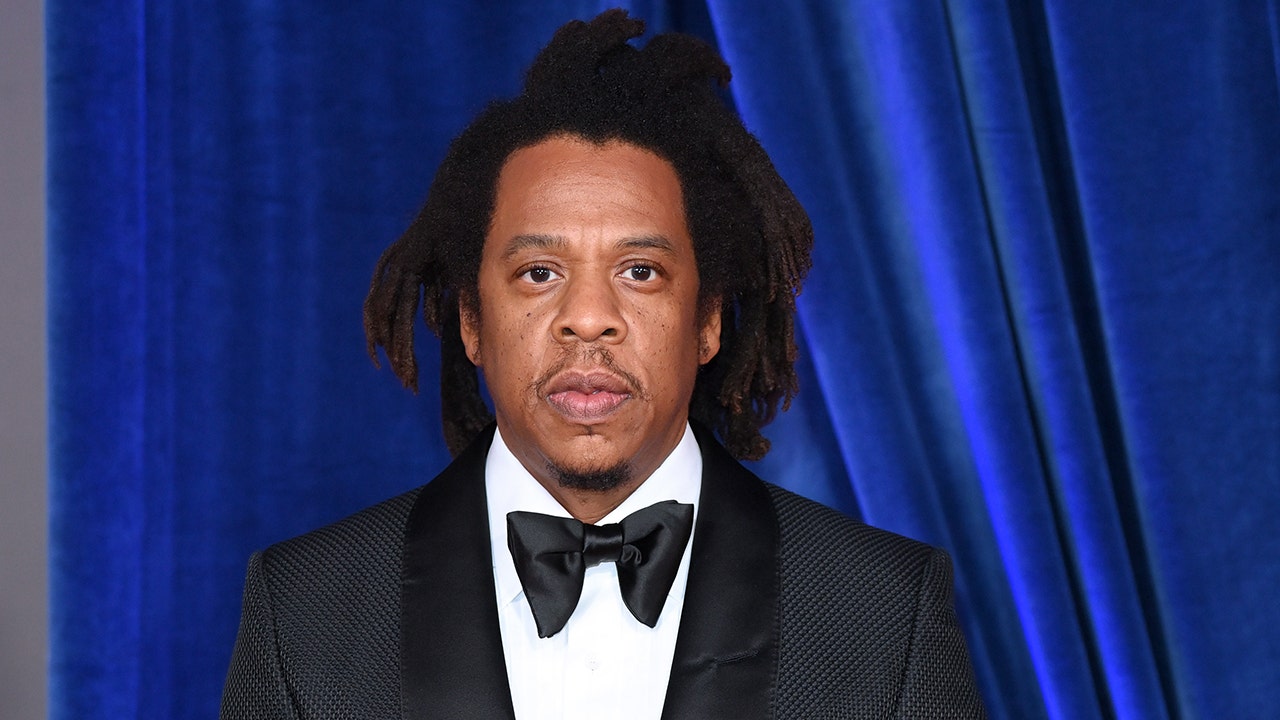Muvhango Lukhaimane dismissed a complaint against Old Mutual Wealth Retirement Annuity Fund, which had refused to recognise a claim by the twins’ mother after the death of the sperm donor.
(Nadine Hutton/Bloomberg via Getty Images)
Twins who were born as a result of a co-parenting sperm donor agreement do not qualify to be beneficiaries of their biological father’s life insurance, the Pension Funds Adjudicator ruled this week.
Muvhango Lukhaimane dismissed a complaint against Old Mutual Wealth Retirement Annuity Fund, which had refused to recognise a claim by the twins’ mother after the death of the sperm donor.
According to the adjudicator, the deceased was a member of the fund until he died on 4 January 2021. He was survived by a minor daughter, minor son, an adult son, two stepsons, two customary spouses, a sister, two nieces and a nephew.
“Upon the deceased’s death, a gross death benefit of R787 524.00 before tax became
available for allocation to his beneficiaries. The board allocated 80 percent of the death
benefit to the deceased’s major son and 20% to one customary spouse,” the office of the Pension Funds Adjudicator said in a statement.
The department is a statutory body established to resolve pension disputes fairly and quickly. It investigates and determines complaints of abuse of power, maladministration, disputes of fact or law and employer dereliction of duty in relation to ct of pension funds.
According to the adjudicator, the twins’ mother brought a complaint to it about her children not being considered as beneficiaries. She submitted that she had met their father in early 2020. The two had a platonic relationship and later decided to co-parent a child through artificial insemination. The man however died three months after she became pregnant.
The woman said the man had been a supportive prospective father who had prepared financially to care for the children, paying for medical appointments and procedures during her pregnancy.
“She averred this was the deceased’s way of showing his commitment to be an active and supportive father to her children. The complainant provided texts from the deceased to prove that her relationship with the deceased was more than that of a normal sperm donor,” the adjudicator’s office said in its statement.
The complainant said she was aware that the definition of “parent” in the Children’s Act excludes men who contribute sperm to the production of a child from acquiring parental rights and responsibilities, but added that she relied on the case of R vs S, which held that if people can provide additional proof of parenthood, such sperm contributors can acquire parental rights and responsibilities.
She provided the sperm donor consent form and indicated that the completion of the form was a mere formality. She said factors such as the evolution of her relationship with the deceased, the best interest of the children and equitable consideration must be applied to the matter.
But Old Mutual argued that the policyholder did not qualify as a “parent” under the definition in the Children’s Act. It submitted that one paragraph of the definition excludes biological fathers by reason of being a sperm donor for purposes of artificial fertilisation.
It said that because the twins were born from artificial fertilisation, the Act excluded the man from making an application to afford him parental rights and obligations.
The fund claimed that section 40 of the Act confirmed the position of the sperm donor acquiring no right, responsibility, duty or obligation related to the children born out of artificial fertilisation.
It said this position was confirmed by the policyholder in a signed “consent of known donor sperm” form from the centre that administered the artificial fertilisation. It submitted that he had therefore acknowledged that the children born as a consequence of the “sperm donor insemination” were not his legitimate children and did not have the rights and privileges of this status.
Old Mutual submitted that, while the complainant relied on the matter of R vs S, she had not provided a citation, although it could be assumed she was referring to the Roodt versus Scrazzolo case [2019] JOL 44118 (KZD).
The fund submitted that the facts of this case law did not deal with artificial insemination as the respondent was impregnated by the applicant through natural insemination.
The applicant applied in terms of section 21(1)(b) to be recognised as a parent with rights and privileges. The court held that the applicant satisfied the requirements of section 21(1)(b)(ii) of the Act with his contributions to support the child’s upbringing and maintenance. It found that the father had not signed a waiver form nor had he entered into a “known sperm donor agreement”.
The fund submitted that it had carefully considered the complaint and was not convinced the text conversations corroborated that there was a deep relationship and an intention to assume financial responsibility.
However, it was established from the messages that the woman and the deceased did not live together, he did not visit her regularly and there was no indication of a discussion related to future financial affairs or including the children on his beneficiary nomination form or in his will.
In conclusion, the fund submitted that the death benefit was not enough to assist all the dependants’ future needs and that the benefit would best serve the minor children.
In her determination, adjudicator Lukhaimane said subject to the Act, no right, responsibility, duty or obligation arises between a child born as a result of artificial fertilisation and the sperm donor.
She said it was undisputed that the deceased was the donor, and the facts indicated that the twins were his biological children, but added that, according to the law, a donor does not acquire parental rights and responsibilities to the offspring unless he is married to the woman. Since the dead man was not married to the mother, they could not be regarded as his legal dependents.
Lukhaimane said the complainant was dissatisfied with the allocation of the death benefit and had relied on the notion that the deceased had paid her medical bills as an indication that he intended to be an active father to the twins.
“However, the complainant had a platonic relationship with the deceased as their relationship was absent of romance or intimacy,” Lukhaimane said.
“The text messages provided by the complainant attest to this and were correctly analysed by the fund as insufficient to prove that the deceased intended to be financially responsible for the twins.
“Further, the fact that the deceased may have paid for the complainant’s medical expenses as ad hoc payments during her pregnancy does not constitute dependency for the twins on the deceased as this does not negate the provisions of section 40 of the Children’s Act. Therefore, the fund correctly excluded the twins from the allocation of the death benefit.
“The complaint cannot succeed and is, therefore, dismissed,” Lukhaimane ruled.





















Discussion about this post